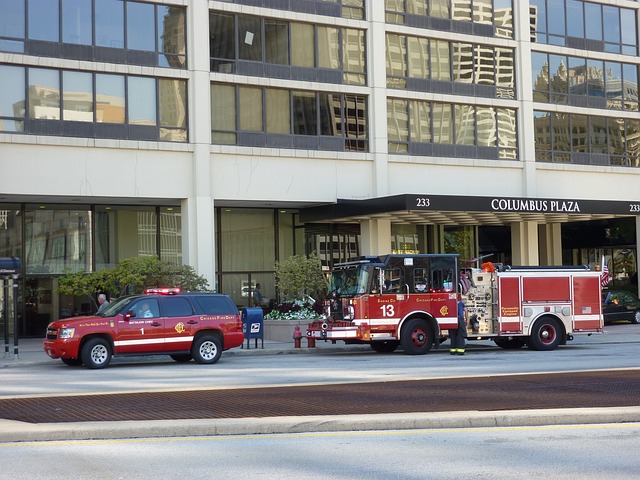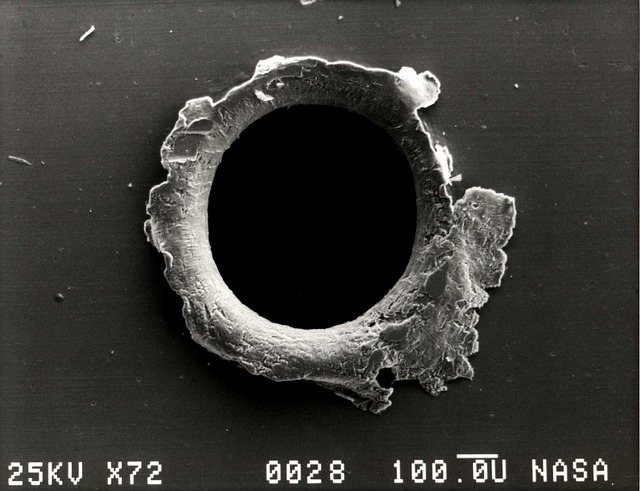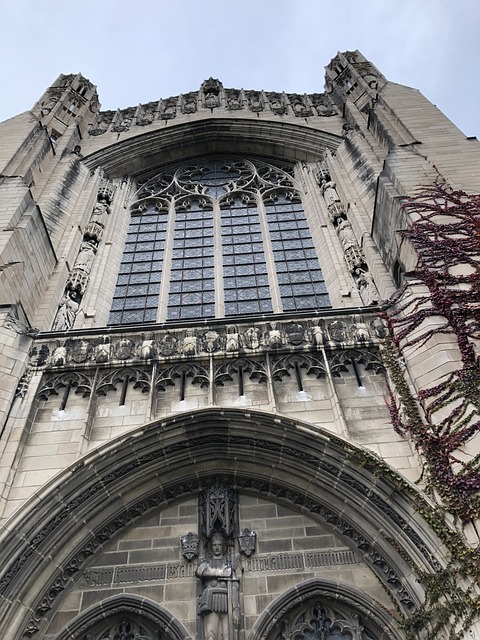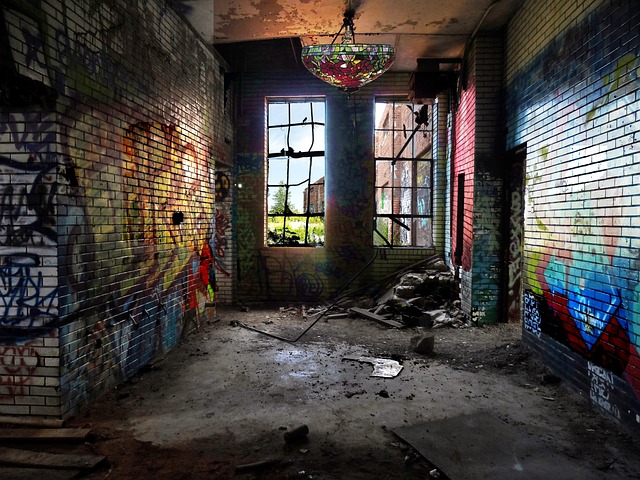Chicago's real estate market presents ample opportunities for investors, driven by rising property values due to economic growth and limited supply. Fire-damaged homes offer unique advantages for budget-conscious buyers and flippers, with strict building codes ensuring safety during repairs. Strategic renovations can transform these properties into selling points, facilitated by knowledgeable agents and transparent practices. Investors must navigate Chicago's legal landscape regarding fire damage disclosures and insurance, leveraging marketing strategies that highlight repair opportunities to stand out in a competitive market. Diversification through residential and commercial properties, collaboration with professionals, staying informed about trends, and using digital tools are key to building a successful portfolio.
Chicago’s real estate market presents both challenges and opportunities for investors. Understanding the city’s unique dynamics, from its trendy neighborhoods to the ever-evolving housing landscape, is crucial for success. This article guides real estate investors through various aspects of navigating Chicago’s market, including handling fire damage, legal considerations, marketing strategies, and building a robust investment portfolio. Learn how to capitalize on opportunities and overcome obstacles specific to Chicago, especially when considering properties with fire damage.
- Understanding Chicago's Real Estate Market: Trends and Opportunities for Investors
- Navigating Fire Damage: Can You Sell a House with Fire Damage in Chicago?
- Legal Considerations: Insurance, Disclosure, and Repair Requirements for Chicago Properties
- Marketing Strategies for Real Estate Investors: Attracting Buyers in a Competitive Market
- Building a Successful Investment Portfolio: Tips and Best Practices for Chicago Investors
Understanding Chicago's Real Estate Market: Trends and Opportunities for Investors

Chicago’s real estate market is dynamic and ever-evolving, presenting both established investors and newcomers with a myriad of opportunities. To navigate this landscape successfully, understanding the current trends is key. Over the past few years, Chicago has witnessed a steady rise in property values, driven by a robust economy and limited housing inventory. This has created an attractive environment for real estate investors, particularly those seeking to capitalize on renovation projects. One notable aspect is the increasing demand for urban living, leading to competitive prices for properties in central locations.
When it comes to opportunities for repair and resale, properties with fire damage that can be sold as-is or after renovations offer unique advantages. In Chicago, there’s a growing market for these types of homes, especially among buyers seeking affordable options or investors looking to rehabilitate and flip. Factors like the city’s strict building codes and dedicated programs for fire-damaged property restoration ensure that repairs meet safety standards, making these investments viable. Moreover, with careful planning and renovation strategies, real estate investors can turn potential drawbacks into selling points, showcasing the transformative power of successful rehabilitation projects.
Navigating Fire Damage: Can You Sell a House with Fire Damage in Chicago?

Navigating Fire Damage in Chicago: Selling Your House After a Fire
If your Chicago property has sustained fire damage, you might wonder if it’s possible to sell it. The short answer is yes—it is indeed possible to sell a house with fire damage in Chicago. However, the process requires careful consideration and planning. Not only do you need to assess the extent of the damage, but also understand how insurance claims and repairs can impact your home’s value.
Real estate investors and buyers in Chicago are familiar with properties that have experienced fire damage. It’s crucial to disclose any known issues to potential buyers, including details about when the fire occurred, what was damaged, and whether any necessary repairs have been or will be made. A transparent approach can lead to a successful sale, especially if you work with a knowledgeable real estate agent who understands Chicago’s housing market dynamics.
Legal Considerations: Insurance, Disclosure, and Repair Requirements for Chicago Properties

When considering real estate investments in Chicago, investors must be aware of the legal considerations specific to the city. One key aspect is understanding the insurance requirements for properties, including both residential and commercial buildings. Investors should ensure they have adequate coverage to protect against potential risks, such as fire damage, which can significantly impact a property’s value. In Chicago, selling a house with fire damage requires specific disclosures and repairs to meet local regulations, ensuring transparency and compliance with building codes.
Additionally, investors must adhere to strict disclosure laws when selling or renting properties. Any pre-existing damage, including fire damage, must be revealed to potential buyers or tenants. This includes providing detailed reports on the extent of the damage and any necessary repairs. Failure to disclose such information could lead to legal issues and financial liabilities. Moreover, repair requirements vary based on the severity of the damage, with certain types of fire damage necessitating specific remediation measures before a property can be safely sold or occupied.
Marketing Strategies for Real Estate Investors: Attracting Buyers in a Competitive Market

In today’s competitive real estate market, especially in bustling Chicago, successful investors need robust marketing strategies to stand out. While the city’s vibrant landscape attracts buyers, navigating a labyrinthine market requires unique approaches. One effective tactic for Chicago investors is to highlight repair and renovation opportunities; even properties with fire damage can be marketed as “can you sell a house that has fire damage Chicago?” gems waiting to be transformed. This strategy not only caters to buyers seeking affordable options but also emphasizes the potential for growth and customization, a testament to the city’s resilience and diversity.
By presenting such properties as blank canvases, investors can attract folks who appreciate the art of metamorphosis and are willing to overlook minor imperfections in exchange for significant future gains. This approach requires a delicate balance—whispering about hidden potential instead of emphasizing drawbacks—but it can be a game-changer in securing sales, especially when coupled with strategic marketing that resonates with Chicago’s dynamic real estate scene.
Building a Successful Investment Portfolio: Tips and Best Practices for Chicago Investors

Building a successful investment portfolio in Chicago requires strategic thinking and a deep understanding of the local market. One key area to focus on is identifying undervalued properties, such as those with fire damage that can be restored and resold at a higher price. Chicago’s diverse neighborhoods offer a variety of opportunities for investors willing to look beyond surface appearances. Conducting thorough property inspections and assessing repair costs accurately is essential before purchasing. Collaborating with experienced contractors and real estate professionals in the city can provide valuable insights into potential investments.
Diversifying your portfolio by considering both residential and commercial properties can mitigate risks. Additionally, staying informed about local zoning laws, tax incentives, and market trends will empower investors to make informed decisions. Leveraging digital tools for property analysis and marketing strategies is also beneficial, as it allows investors to efficiently identify promising deals and reach a wider audience when selling. Remember that patience and persistence are vital; building a robust investment portfolio takes time, but the rewards can be significant in Chicago’s dynamic real estate market.
Chicago’s real estate market presents both challenges and opportunities for investors. By understanding the local trends, navigating legal considerations like fire damage disclosure, and implementing effective marketing strategies, investors can build successful portfolios. Remember, knowledge is key; staying informed about the dynamic Chicago market will empower you to make sound decisions and capitalize on the right opportunities. For instance, if a property has sustained fire damage, being transparent about its condition can attract buyers who appreciate honesty and are willing to invest in necessary repairs, ensuring a smooth sale.






